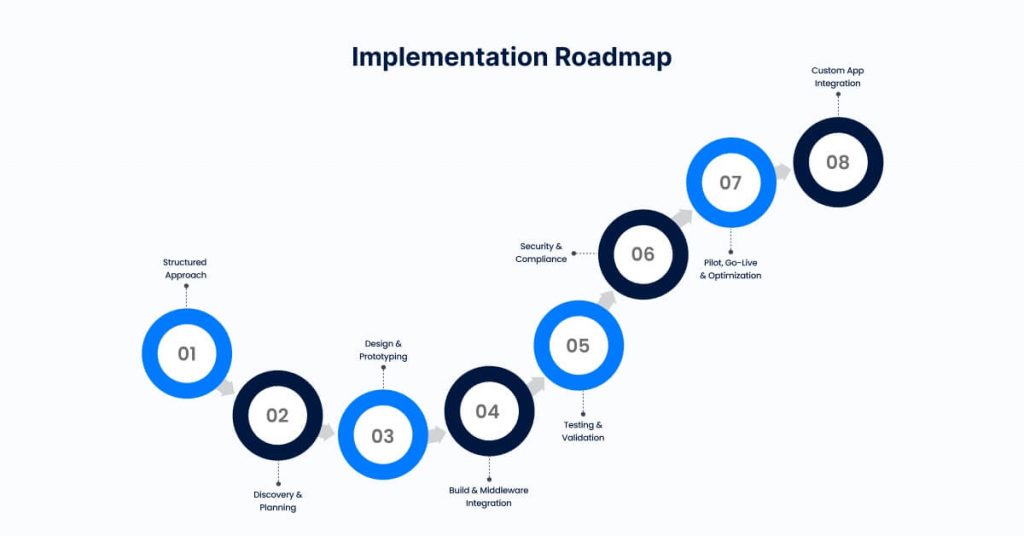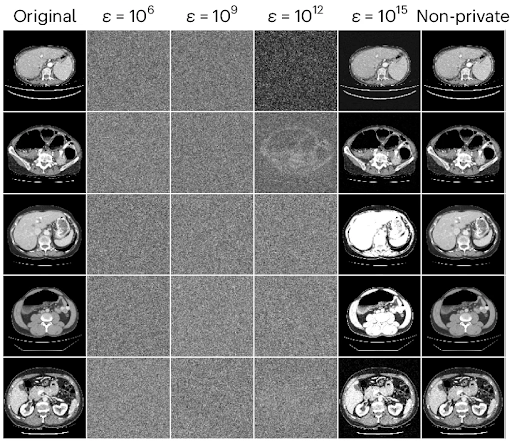
Healthcare industry trying to adapt some level of value-based care in recent times. Healthcare industry is progressing in terms of delivering quality patient care over beyond the hospital stay is getting more important nowadays. but the marketing strategies are still traditionally followed despite the fact that today, patients are smart enough in terms of being well informed and proactive in managing their illness, thanks to the dynamic digital world.
60% of healthcare needs begin with an online search, 76% of patients use hospital websites for research, 77% of patients use search prior to booking an appointment and 44% of patients who arch hospitals on a mobile device go on to schedule an appointment.
Looking at these statistics, it has become extremely important to take advantage of digital marketing in healthcare to boost patient engagement, thereby enhancing patient care outcomes.
Below are the few recommended healthcare digital marketing strategies, you should start focusing on:
- Search Engine Optimisation — search engines play an important role in patients journey, starting from initial care to ongoing care. Hence, healthcare marketers must keep SEO as an integral part of their digital marketing strategies, which means they can help search engines to recognize and rank their organic content such as blogs, patient reviews, informative infographics, etc. by tagging with SEO techniques. Also, since 50% of searches are done through a mobile device, hospitals should focus on building their website for easy mobile navigation.
- Social Media Engagement — patients are quite active these days on social media, they share their experiences of availed healthcare services and this is something that the hospitals should focus on. Engagement through social media could be done through participating in community discussions, networking and even promoting informative blogs or content. Physicians, on the other hand, can use social media to collaborate, share knowledge and thereby enhancing their care quality.
Hospitals can also utilize their existing patient database in Healthcare CRM, for running effective social campaigns. This would help them in identifying their target audience and reach potential prospects.
- Personalized campaigns — According to a report, interacting with your patients in a personalized and authentic way will be an essential part of their positive experience by 2020.
Let me explain this by an example: Wouldn’t it be nice for your patient to know that the healthcare facility is aware of his/her preferred appointment day & time? Every time the patient calls or uses technology to book an appointment, the suggestions are made accordingly. This would definitely make a positive impact and is a great way to personalize the patient experience.
On the health front, we all know that health is a state subject, by this we mean that everyone’s reason to avail healthcare services is different and personal. It would make sense to roll-out preventive care campaigns for patients falling under the high-risk category of developing a chronic disease rather than to those who already have or are experiencing complications of a disease.
That’s the power of Healthcare CRM since it has all the patient’s data, it helps in understanding the target audience, which can be easily done through constructing key demographic information (such as age, gender, and residence), existing healthcare data, and propensity models.
In today’s scenario, the hospital shouldn’t ask “Do I need digital marketing?” rather it should be “How strong am I placed in the digital world?”
DocEngage HCRM (#healthcare CRM) empowers the hospital with best digital marketing practices, giving best returns on your marketing budget and yields significant results which no other generic CRM’s can bring in.
Enjoy your free trial and click here to talk to us https://www.docengage.in/requestfordemo
How to make effective patient engagement in 2020? was originally published in DocEngage on Medium, where people are continuing the conversation by highlighting and responding to this story.











